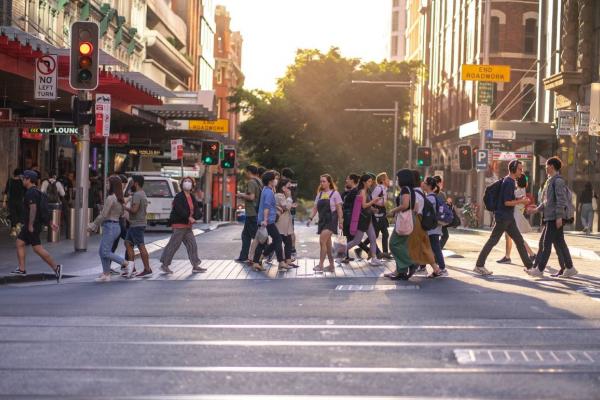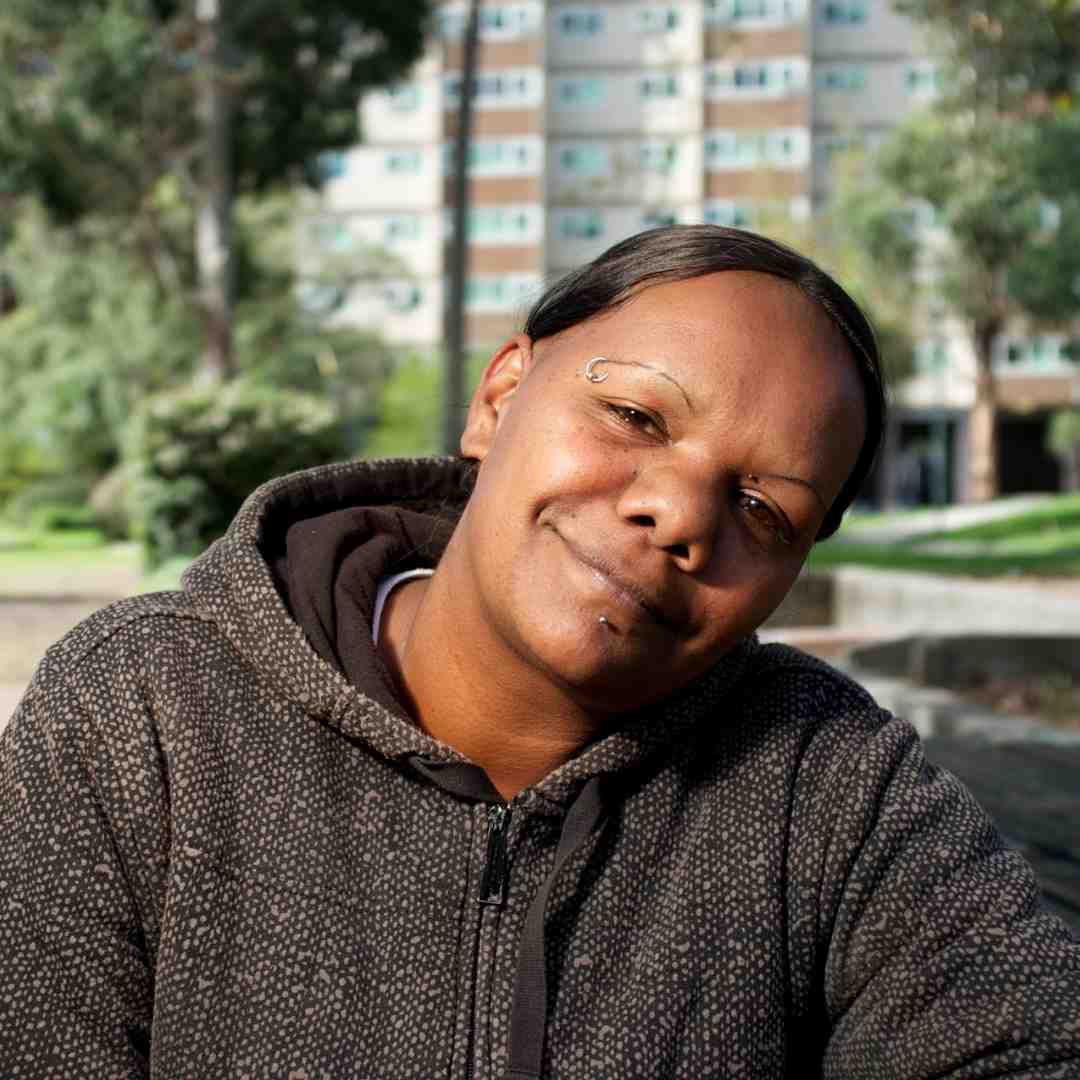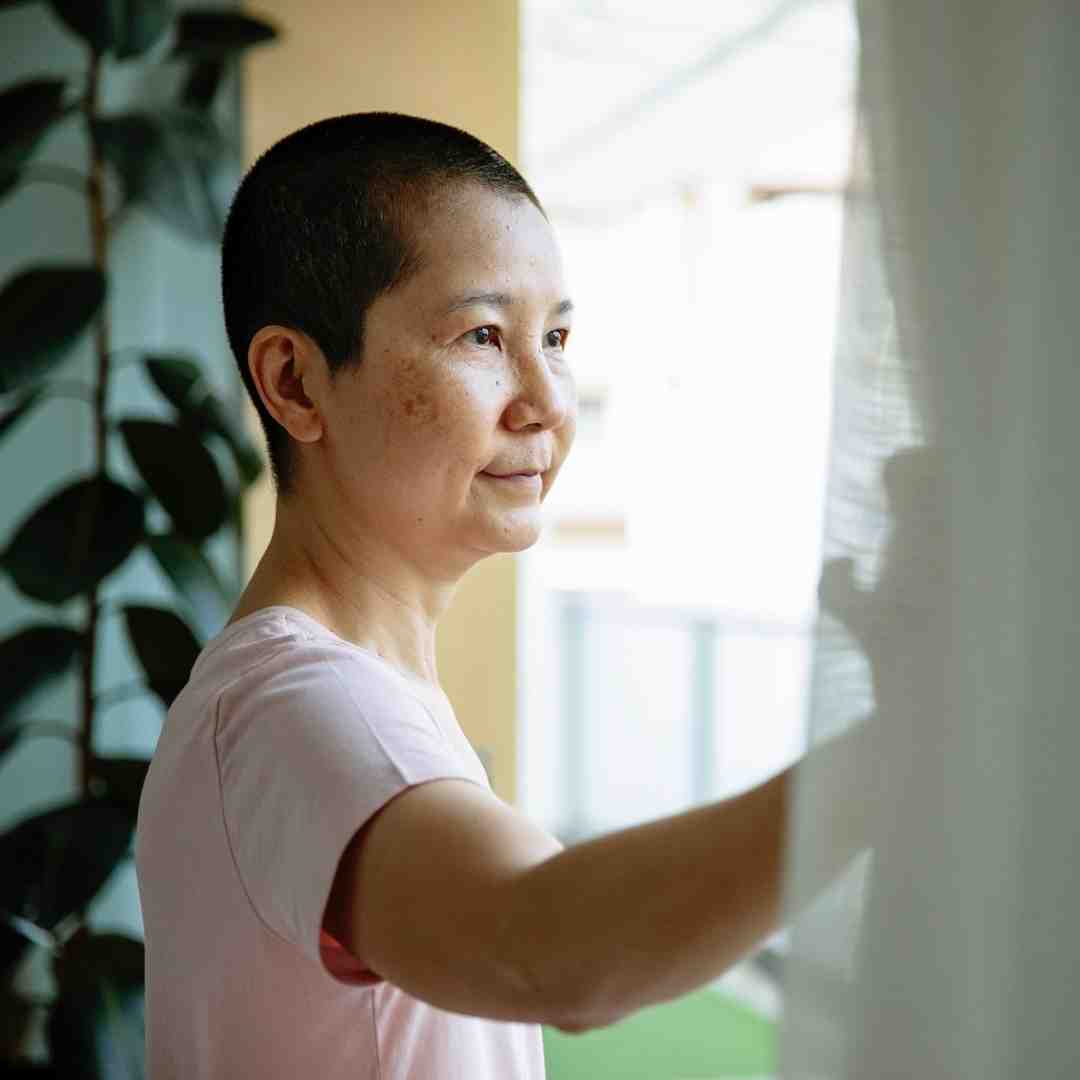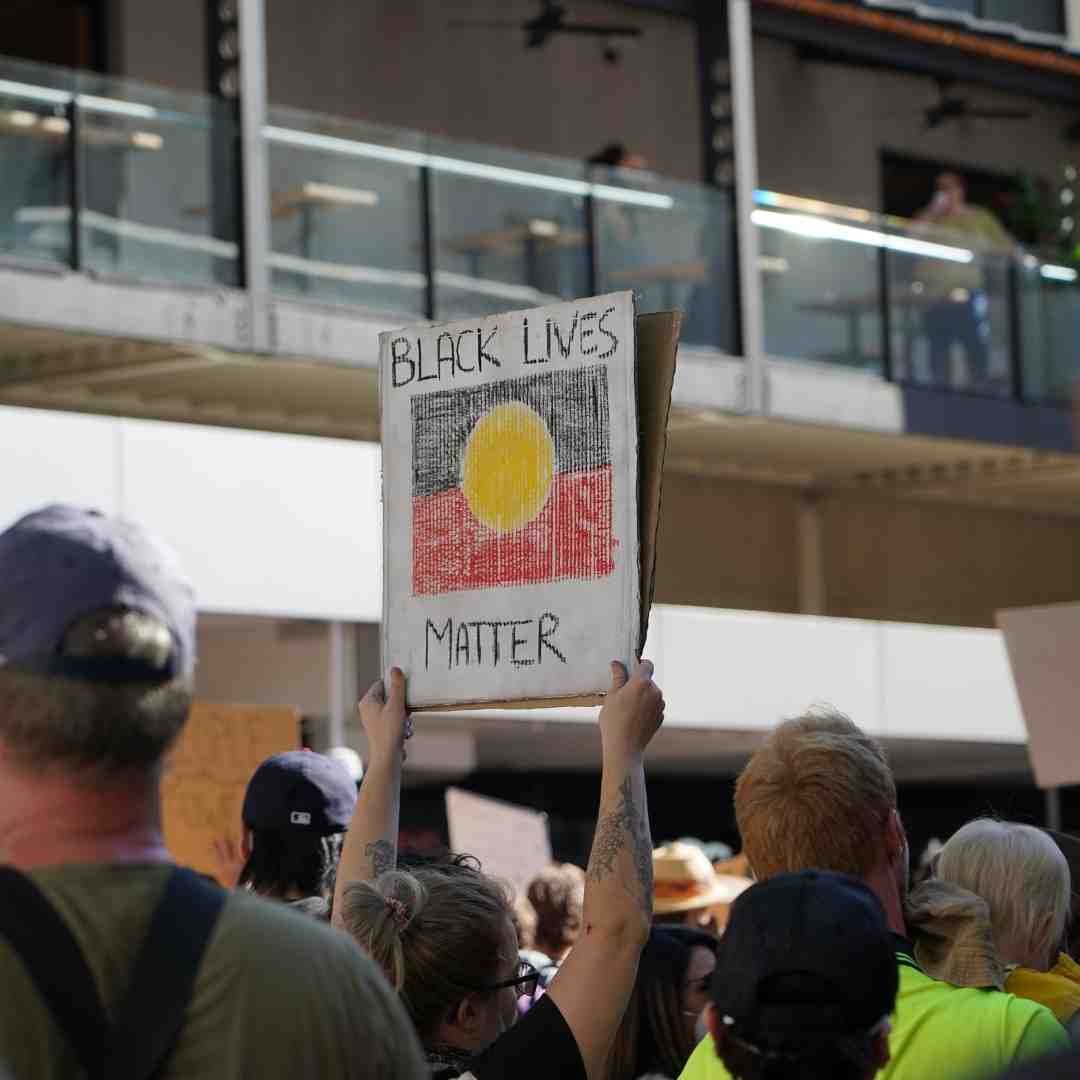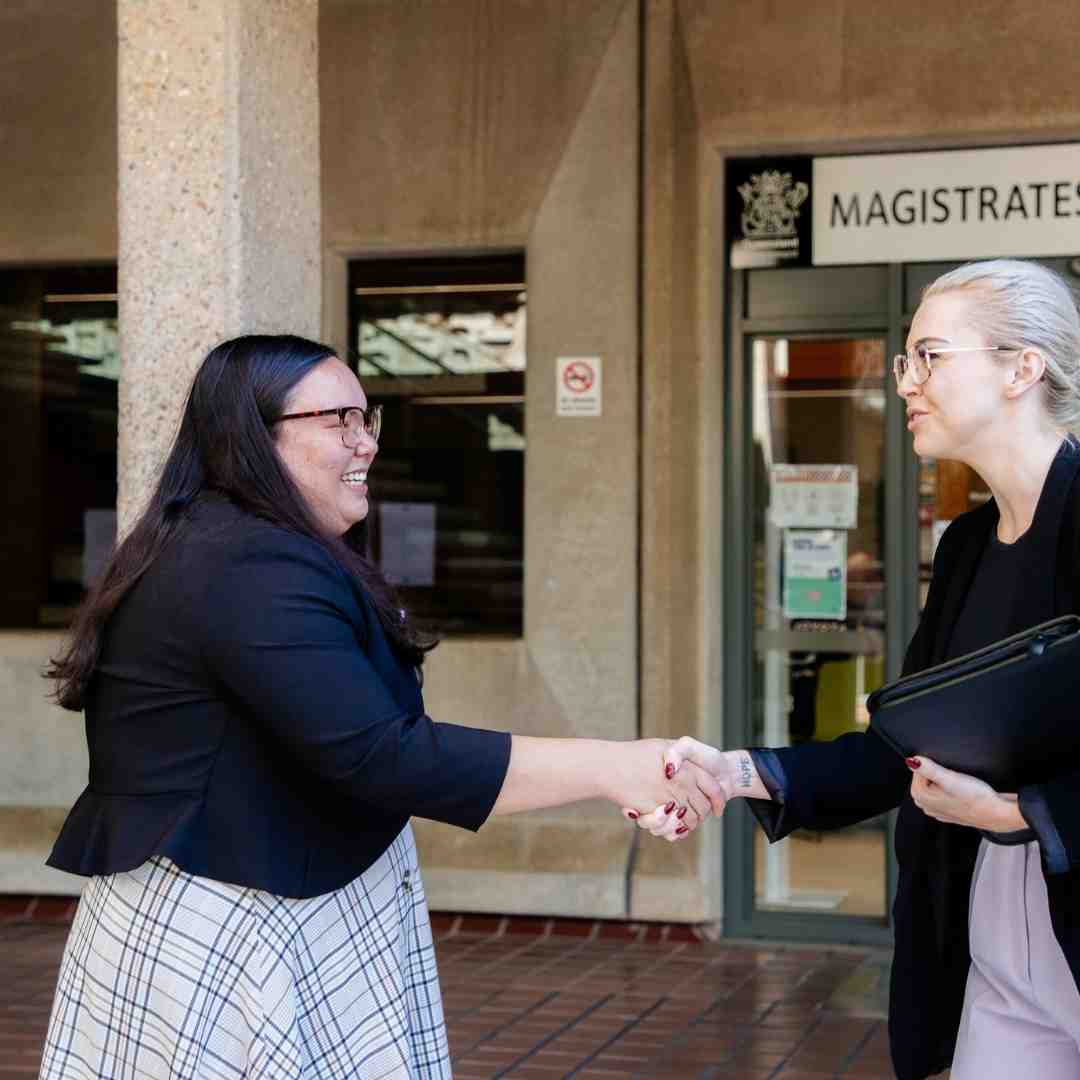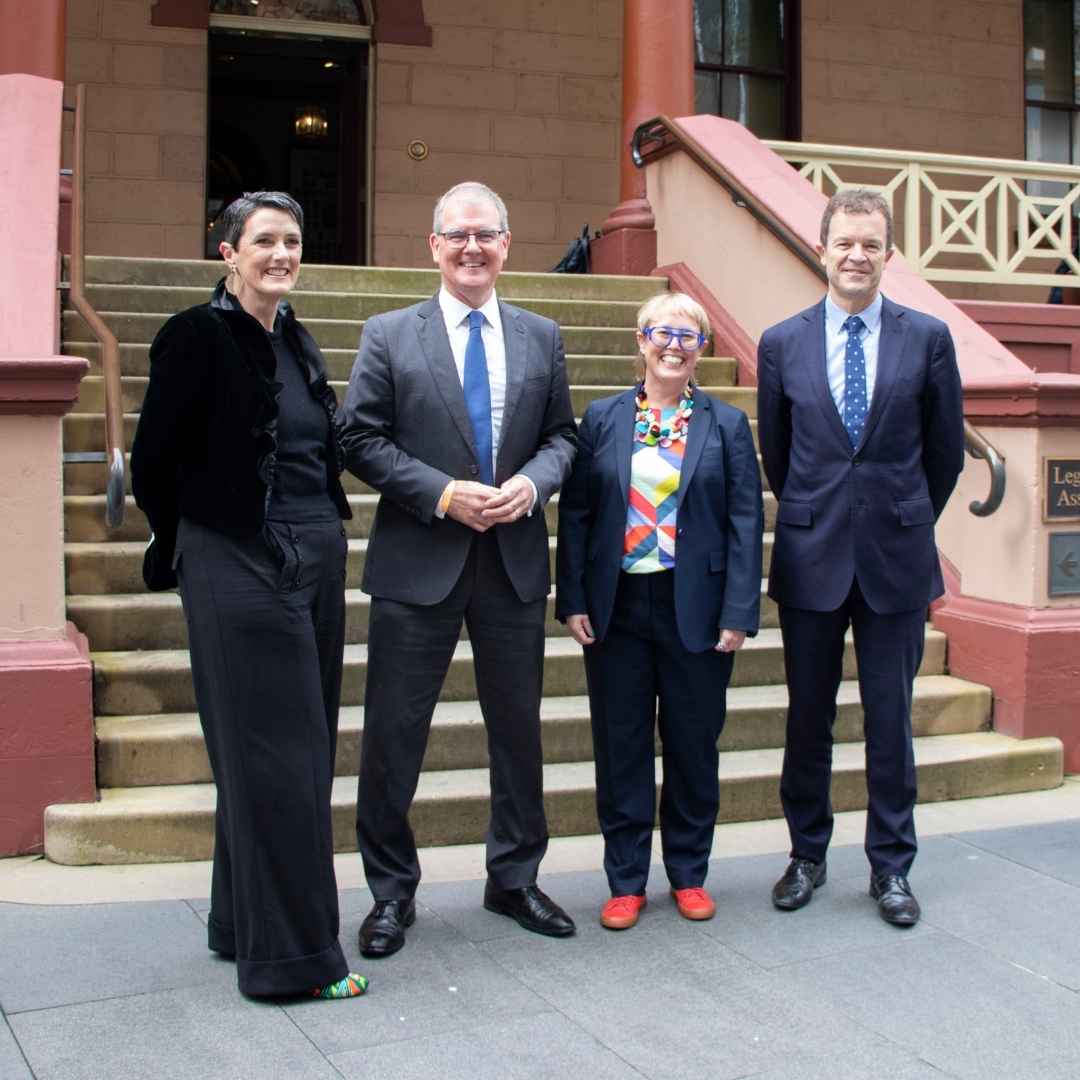
We envision a democracy where people have the right to protest; where our civil society includes diverse, independent, and locally connected not-for-profit organisations, which are free to participate in public policy debate and advocacy; where government and it’s agencies, including the police, are transparent, open, and accountable, and genuinely engages with the communities impacted by its decisions.
The criminalisation of peaceful protest has far-reaching and damaging implications for our democracy. Legislation which unjustly restricts people’s freedoms to express dissent should be wound back. Heavy penalties and greater restrictions on peaceful protest are not a proportionate response to non-violent citizen action which draws attention to the climate crisis, environmental damage, racial injustice, or legal, economic and social inequalities.
- Abolish prison terms for non-violent direct actions and civil disobedience.
- Repeal Schedule 2 of the Right to Farm Act 2019, which amended s4B of the Inclosed Lands, Crimes and Law Enforcement Legislation Amendment (Interference) Act 2016 to insert a new form of aggravated trespass onto agricultural land with higher penalties, targeting environmental and animal activists.
- Strengthen defences for activism in the law and recognise the ‘emergency climate defence’ as a statutory defence for environmental activism.
- Insert public interest exemptions into:
- The Surveillance Devices Act 2007 to enable footage of routine agricultural practices to be used for raising awareness about animal welfare.
- The Classification (Publications, Films and Computer Games) Enforcement Act 1995 to prevent police from silencing activism based on film and footage classifications.
- Repeal the addition to section 144G of the Roads Act 1993 which expands the offence to enter, remain on, or otherwise trespass on prescribed major bridges or tunnels in NSW if that conduct causes a serious disruption on prescribed roads.
- Repeal the equivalent offence under the Crimes Act 1900 that legislates against activities that detrimentally affect prescribed public transport or infrastructure facilities.
- Support genuine community consultation on proposed legal and policy reform options:
- Provide longer notice periods for submissions to government and parliamentary inquiries and review processes.
- Provide diverse ways for people and communities to participate in government consultation processes, including face-to- face.
Latest news
Policy Focus | Social security systems play a critical role preventing people who are locked out of paid work from falling into poverty while they try to get their lives back on track. In this article, the National Social Security Rights Network reflects on the 2019-20 Federal Budget, and the impacts on people struggling to make ends meet of another missed opportunity to raise the rate of working-age social security payments in Australia.
Initial response from Community Legal Centres NSW, peak organisation for 37 NSW-based community legal centres, to the release of funding agreements from 2019-2022 for NSW Government funding for the Community Legal Service Program:
A summary of Community Legal Centres NSW's submission to the Their Futures Matter Consultation (2019).

